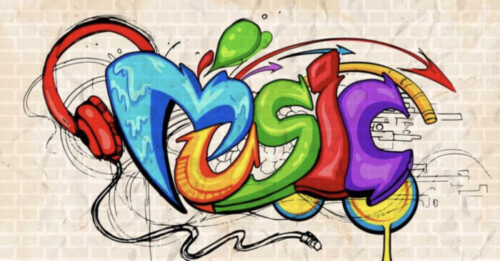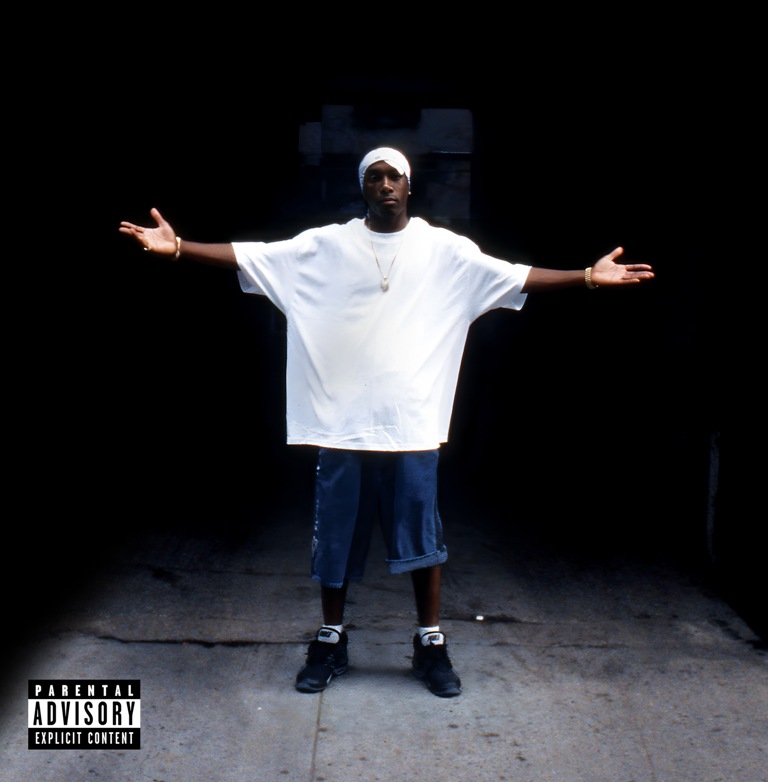Hip-hop is more than just a genre of music; it is a movement that has shaped popular culture in numerous ways. From hemp stores to global stages, the movement’s symbols have truly become a universal language, transcending boundaries and leaving an indelible mark on the world.
As this music genre continues to evolve and influence various aspects of popular culture, it’s important to recognize and appreciate the profound impact its symbols have had on shaping the genre’s identity. They serve as reminders of the resilience, creativity, and innovation that have propelled this music from its humble beginnings to its global prominence today.
In this article, we will explore ten iconic symbols associated with hip-hop, delving into their significance and impact on the genre’s history.
10 Hip-Hop Symbols You Need to Be Aware of
In a world where trends come and go, hip-hop’s iconic symbols continue to resonate and inspire, bridging generations and cultures. They remind us of the power of self-expression, the importance of preserving cultural heritage, and the endless possibilities of creativity.
Graffiti: The Streets as Canvases of Expression
Graffiti is one of the most recognizable forms of visual art in rap culture. Emerging from the urban landscape, graffiti became a powerful means of self-expression for young artists who often used it to communicate their experiences, struggles, and aspirations. Graffiti not only transformed dilapidated city walls into vibrant murals but also served as a platform for social commentary and political activism.
Turntables: The Birth of DJ Culture
The turntable is a cornerstone of hip-hop, giving birth to the art of DJing. DJs played a pivotal role in the early days of disco rap, using turntables to manipulate records
and create innovative soundscapes. They paved the way for the emergence of scratching, beat juggling, and other techniques that became integral to the genre.
Microphone: The Power of the Emcee
The microphone is the tool that allows emcees (or MCs) to showcase their lyrical prowess. Whether freestyling, battle rapping, or delivering thought-provoking verses, the microphone serves as a conduit for the emcee’s voice. It symbolizes the power to captivate audiences and tell stories that resonate with listeners.
Gold Chains: Flaunting Success and Identity
Gold chains have long been associated with the hip-hop aesthetic, representing wealth, success, and personal style. They became a symbol of self-expression, as artists used gold chains to convey their unique identity and showcase their financial achievements. In the rap culture, gold chains are worn as a badge of honor and a proclamation of individuality.
Boombox: The Portable Soundtrack
The iconic boombox played a significant role at the onset of disco rap, serving as a portable means of sharing music and creating an instant party atmosphere. Artists and fans alike carried these oversized radios on their shoulders, amplifying the genre’s sound and creating a sense of community through music.
Sneakers: Fashion and Footwork
Hip-hop fashion has always been intertwined with sneaker culture. From classic brands like Nike and Adidas to limited-edition collaborations, sneakers became a symbol of style, status, and authenticity within the rap community. Artists often wore their favorite kicks as a way to express their unique fashion sense and pay homage to the genre’s roots.
Bandanas: A Sign of Solidarity
Bandanas became a symbol of unity and solidarity, particularly during the rise of gangsta rap in the 1990s. Artists often wore bandanas as a way to represent their affiliation with a specific neighborhood or crew, signaling loyalty and strength. Over time, bandanas also became a fashionable accessory, incorporated into various rap-inspired styles.
Boom Bap: The Rhythmic Heartbeat
The rhythmic pattern known as the “boom bap†became synonymous with hip-hop’s sound. Characterized by its hard-hitting kick and snare drum beats, the boom bap provided the foundation for countless rap songs. This distinctive sound became emblematic of hip-hop’s essence, encapsulating its energy and driving force.
Bling: Dripping in Diamonds
Bling, also known as “ice,†refers to the extravagant display of luxury jewelry in disco rap culture. Diamonds, gold, and other precious stones are meticulously crafted into oversized pendants, chains, bracelets, and rings, adorning the artists who wear them. Bling represents opulence, success, and the desire to stand out. It has become synonymous with the hip-hop lifestyle and serves as a visual representation of material wealth.
Snapbacks: A Hat of Hip-Hop Heritage
Snapbacks are a type of adjustable cap that has become an iconic headwear choice within hip-hop. Often adorned with logos, sports teams, or bold graphics, snapbacks are a nod to the genre’s roots in urban street culture. Artists and fans alike wear snapbacks as a fashion statement, paying homage to the pioneers of disco rap and showcasing their connection to the movement.
Final Words
The symbols discussed above have played a vital role in shaping hip-hop culture and its enduring impact on society. Each symbol carries its significance and contributes to the rich tapestry of this cultural movement’s history. These symbols not only serve as visual representations of the genre’s values, but they also act as vehicles for personal identity, creative expression, and cultural solidarity. From its humble beginnings in the streets of the Bronx, New York, hip-hop has evolved into a global phenomenon, influencing fashion, art, and language.
© 2023, Seth “Digital Crates” Barmash. All rights reserved.



